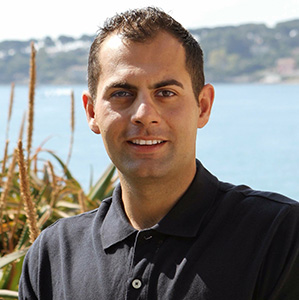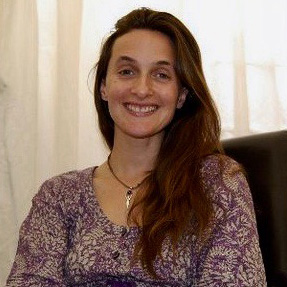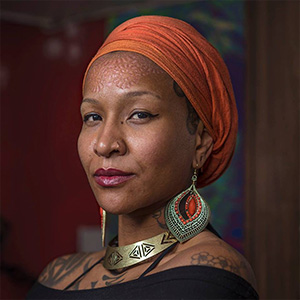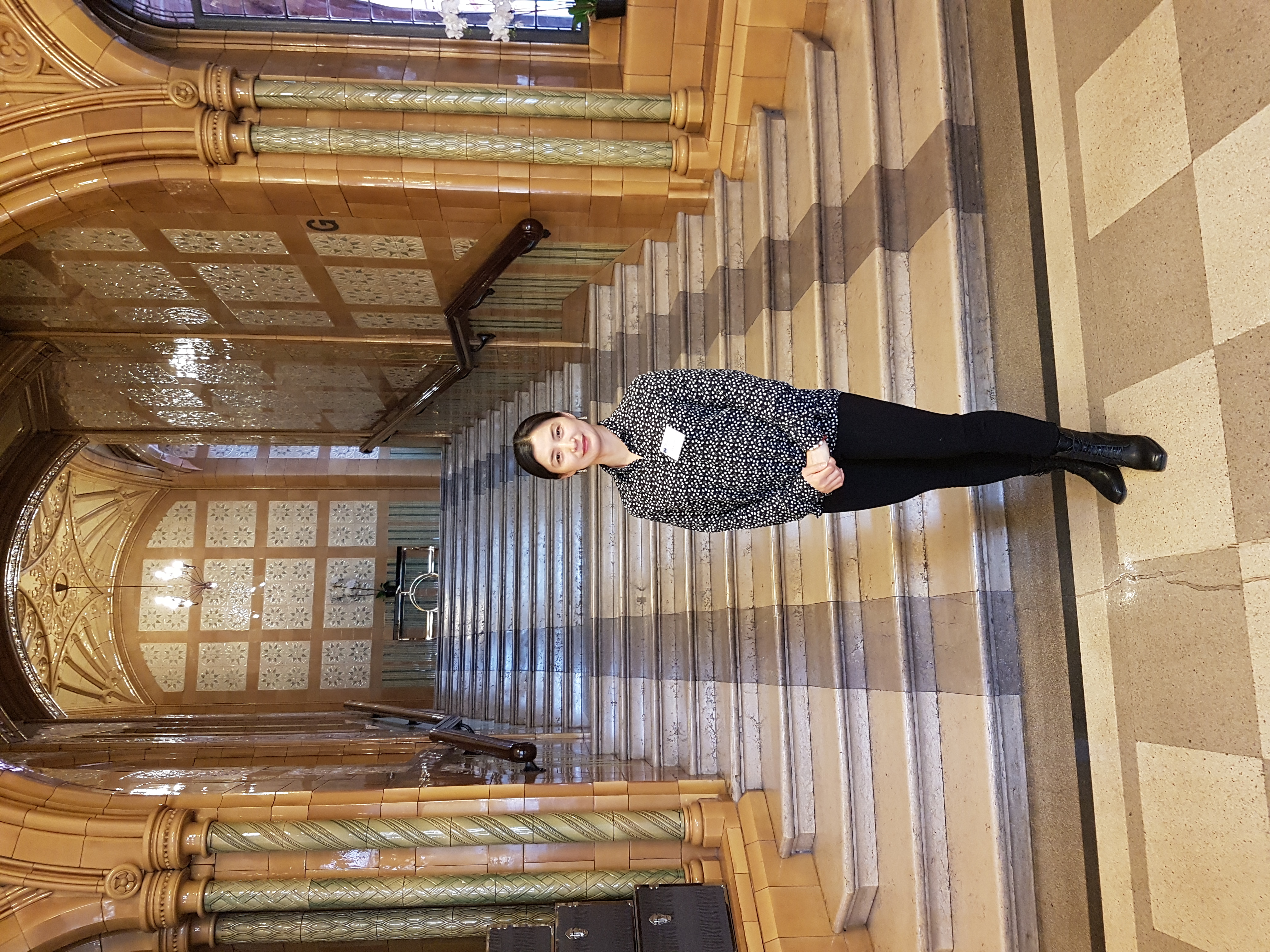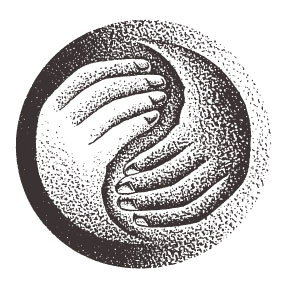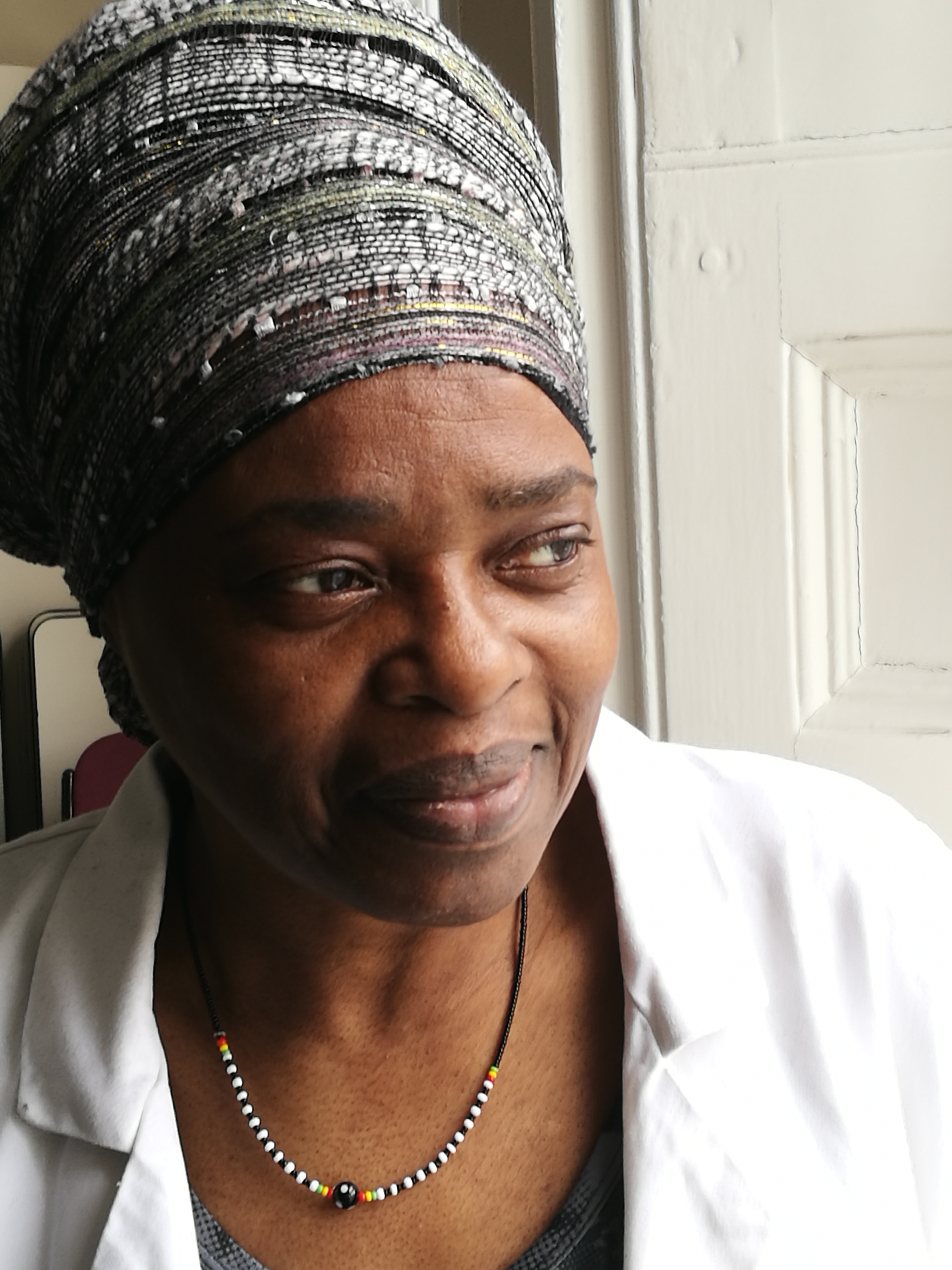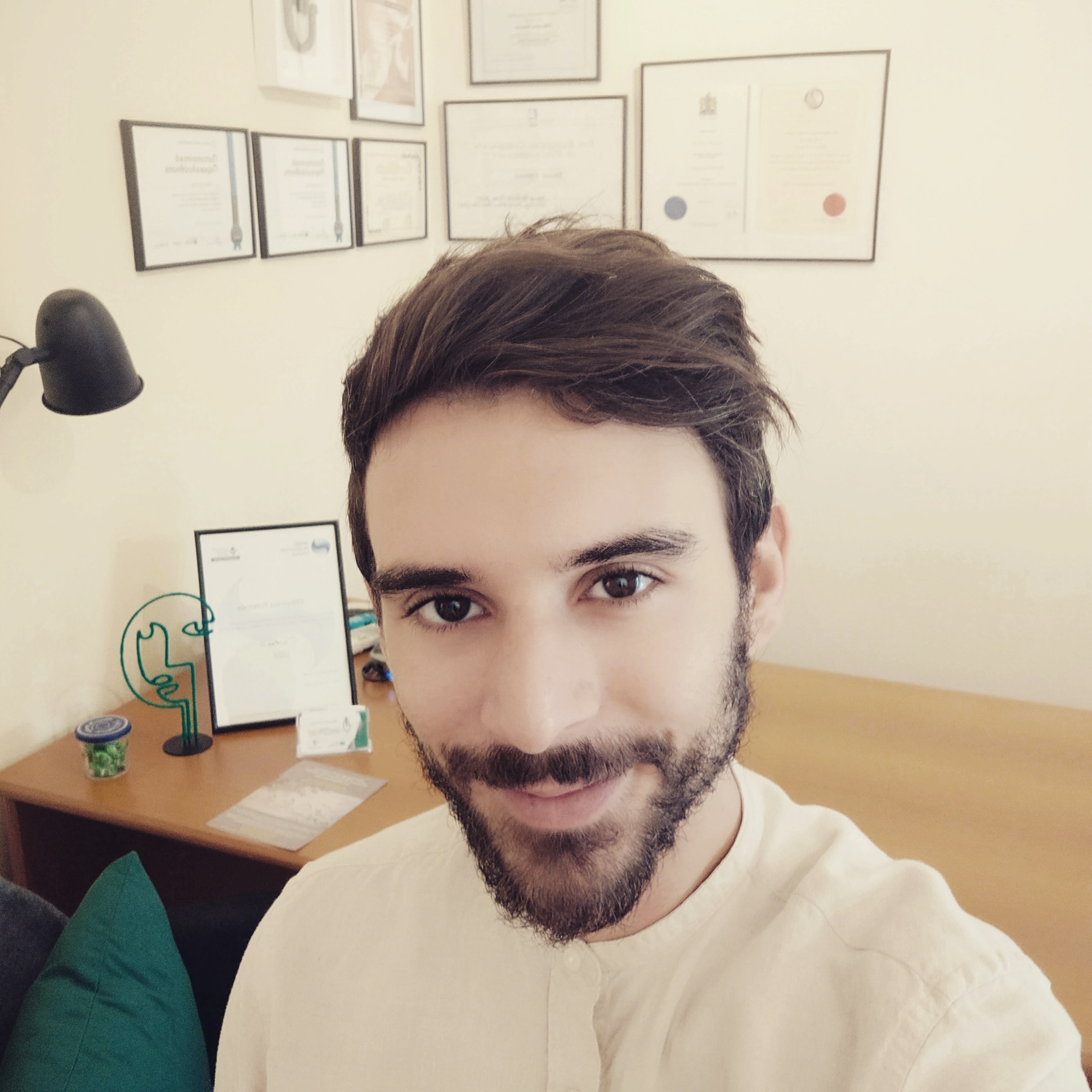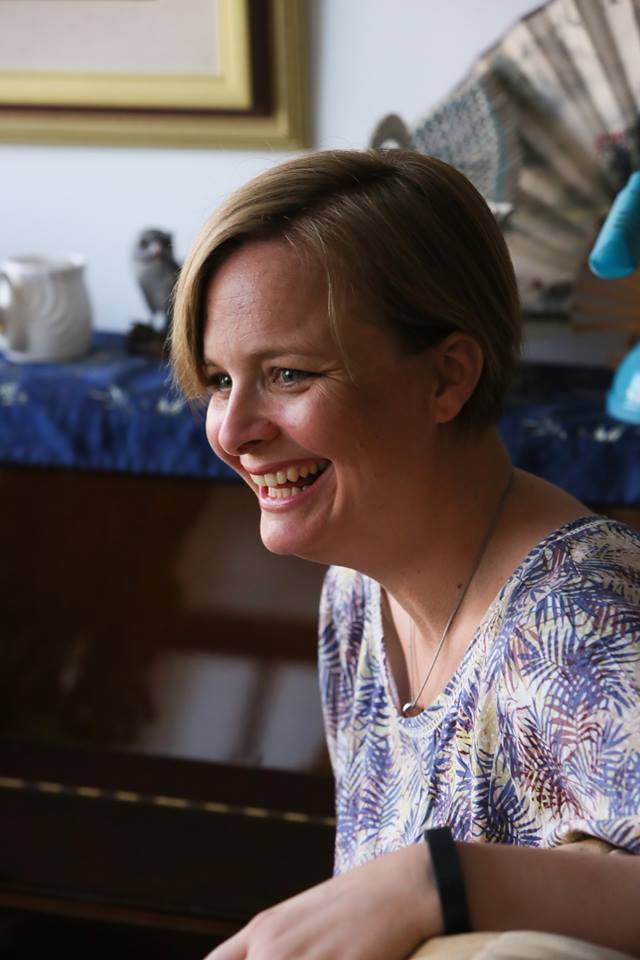Pastoral and Tutorial policy
Aims
The aims of the College’s Pastoral and Tutorial policy are to:
- Provide a structured approach to supporting and guiding all students in the College.
- Regularly monitor the cognitive, social and affective progress of students throughout their course.
- Provide the College with information about whether any student is in need of personal and/or academic support.
- Provide the students with personal and/or academic support when appropriate.
First Year
When the student arrives at the College s/he receives information about:
- The College building and other facilities and the College teaching and administrative staff.
- The College student counsellor who offers support to students who have issues of a personal nature, which require special expertise. The counsellor makes a point of informing the student that their visit and the issues raised will remain confidential.
- Who to contact at the College to discuss particular issues and when they are generally available.
- Their personal tutor. This member of the teaching team takes particular responsibility for the student throughout the course. The tutor will contact the student by email or phone at the beginning of the course and, in addition to timetabled contact, students are encouraged to contact their personal tutor if they have any issues with studying or of a more personal nature. The personal tutor will evolve appropriate learning support strategies to support the student’s learning in areas such as point location, practical skills and coursework and will also give support when students have issues of a more pastoral nature. The personal tutor also conducts the interviews in the personal tutorials described below.
- Learning Support for those with special needs such as dyslexia or physical disabilities.
- Regional support groups which provide regular regional meetings at which students practise practical skills and can raise questions arising from the course. Students without a regional support tutor can also request and be provided with a telephone tutor.
The class teacher also plays an informal but crucial role in the pastoral care of the students. Students frequently approach the class teacher with their concerns and the class teacher will often respond to those concerns by recommending that the student talks to the appropriate member of the teaching team.
Personal tutorials – 1st, 2nd and 3rd year
Students have three 30-minute face-to-face personal tutorials in their first year and then one face-to-face personal tutorial approximately three-quarters of the way through second and third year. During this session they can discuss how they are progressing in relation to their coursework and assessments and any other issues that arise. Tutors will offer support strategies to help students plan and prepare for upcoming coursework and exams. Before the session students are asked to complete a written self-assessment. This gives them the opportunity to reflect positively on their progress on the course as well as on any problems and what they need to do to improve. In addition to face-to-face meetings students have formal email contact with their tutor three times a year in the first year and twice a year for Level 5 and Level 6.
The tutor writes a report based on the interview with particular emphasis on the student’s morale and academic progress including areas which need more work. They will include support strategies which they have discussed with the student such as time management, study skills, and who to contact for further help.
Any difficulties that are identified are discussed and, where appropriate, the tutor and the student endeavour to agree on a course of remedial action. A summary report of issues arising from each cohort’s tutorials is drafted and sent to the Joint Principal-Education. It is then discussed by the College EC and other relevant staff. Any issues arising from the tutorials which cannot be dealt with by the personal tutor will be followed up by the relevant member of staff. A record of the interviews is kept in the student’s academic file.
The second and third year sessions are similar in format to that in the first year although the concerns of second and third year students may be different from those of a first year student.
Personal tutorials – 3rd year clinical
The demands of the clinical phase of the course are very different from that of Levels 4 and 5. Attendance is weekly and the student is under constant supervision.
In order to graduate from the College the clinical supervisors must be convinced that the student meets all the academic, practical, ethical and behavioural criteria to work as an independent health professional. There are one-to-one discussions between the student and the supervisor during each weekly clinical session and it is essential that a close working relationship is formed between each student and her/his clinical supervisors.
Clinical students have three personal tutorials throughout the clinical phase of the course. These are preceded by the student completing a written self-assessment and are informed by the student’s weekly reflective journal on their clinical practice. The main emphasis in these tutorials is on the individual student’s progress towards becoming a confident, competent, and committed practitioner and how they are working towards setting up in practice as an acupuncturist. The meetings, however, allow for other issues to be discussed, although the main focus is on encouraging the reflective practitioner.

